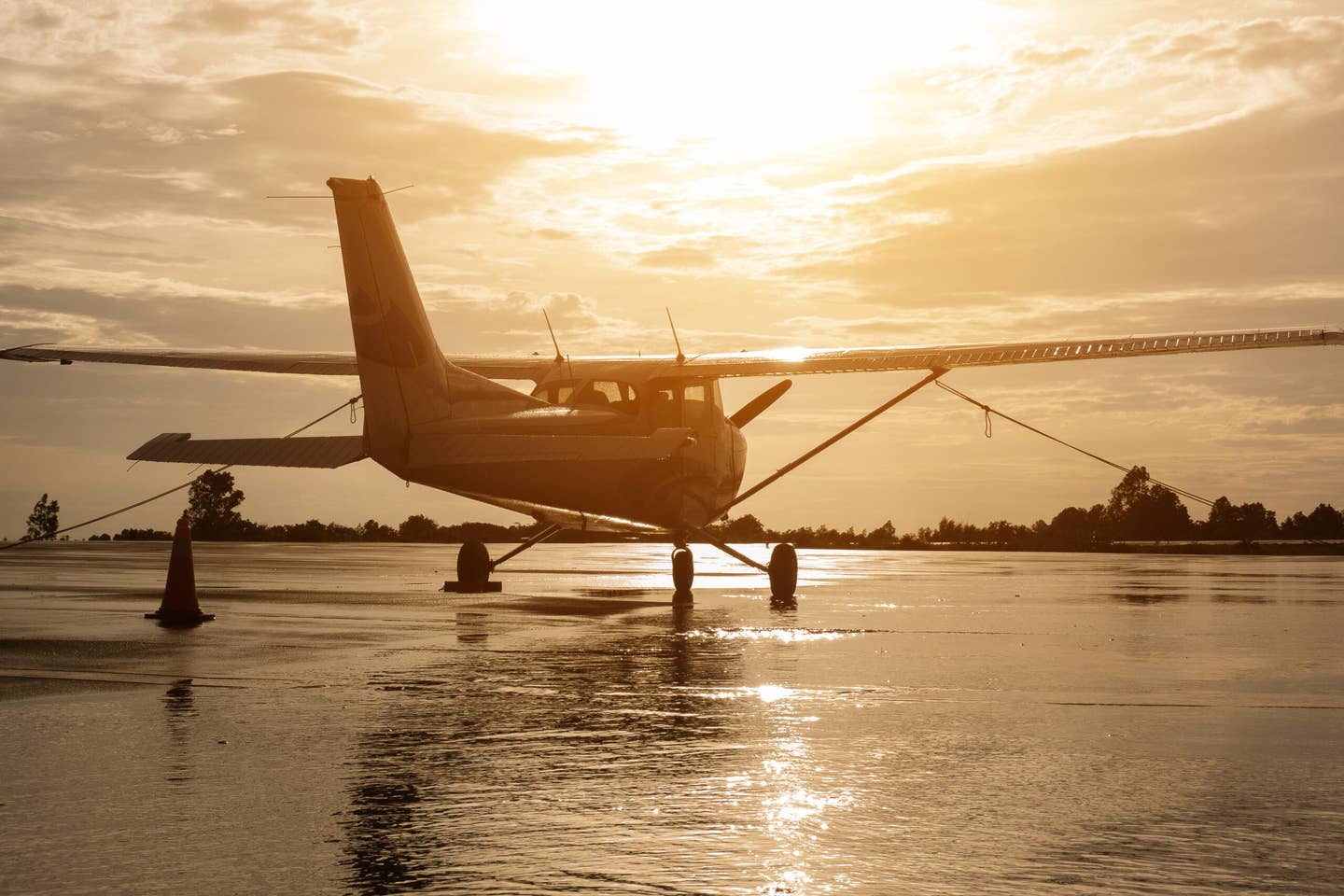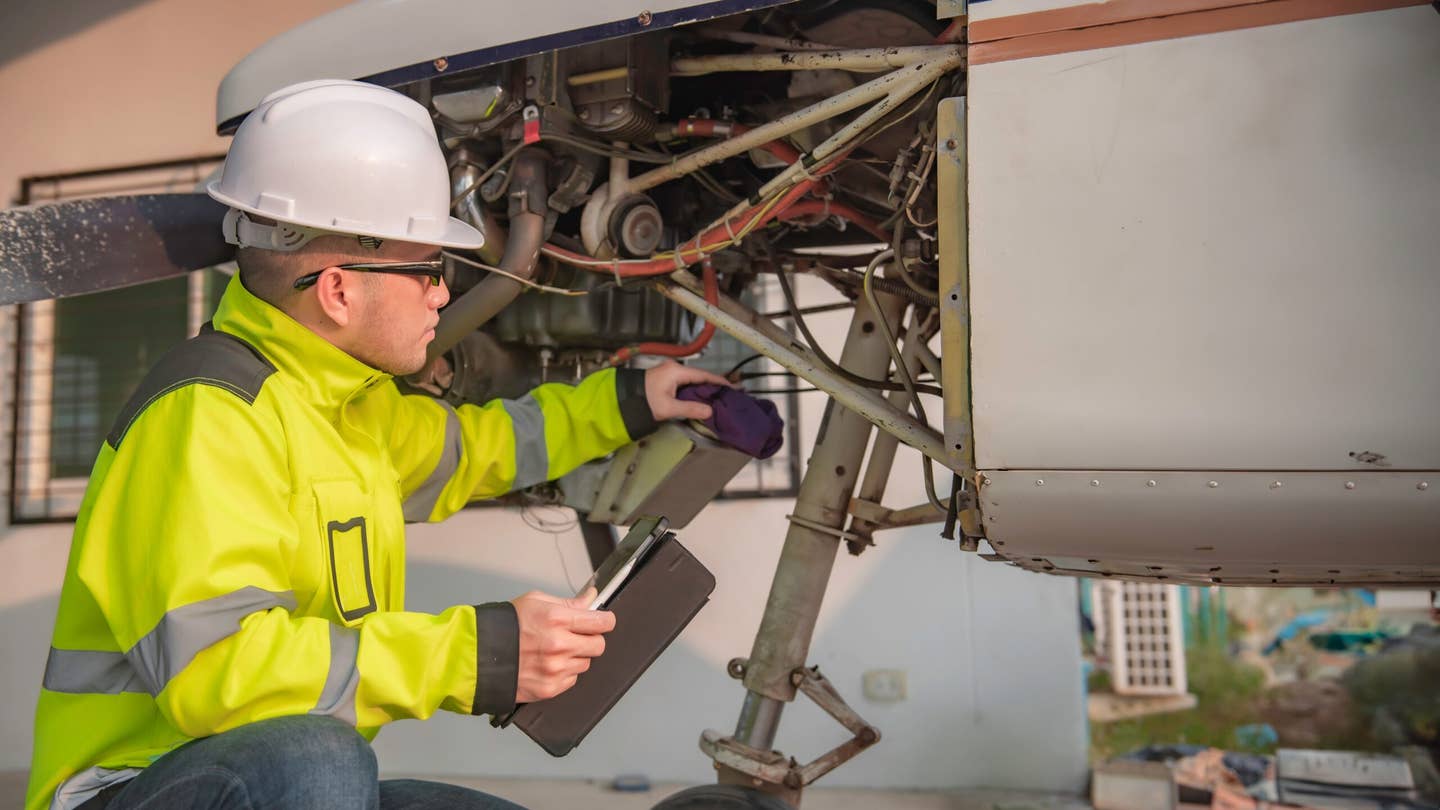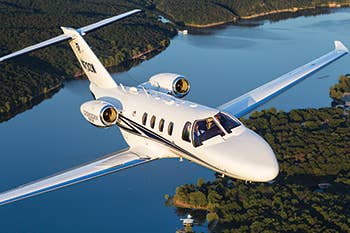Simulators Encourage Students to Pursue Careers in Aviation
Redbird makes high-quality aviation education an option for kids across the nation.
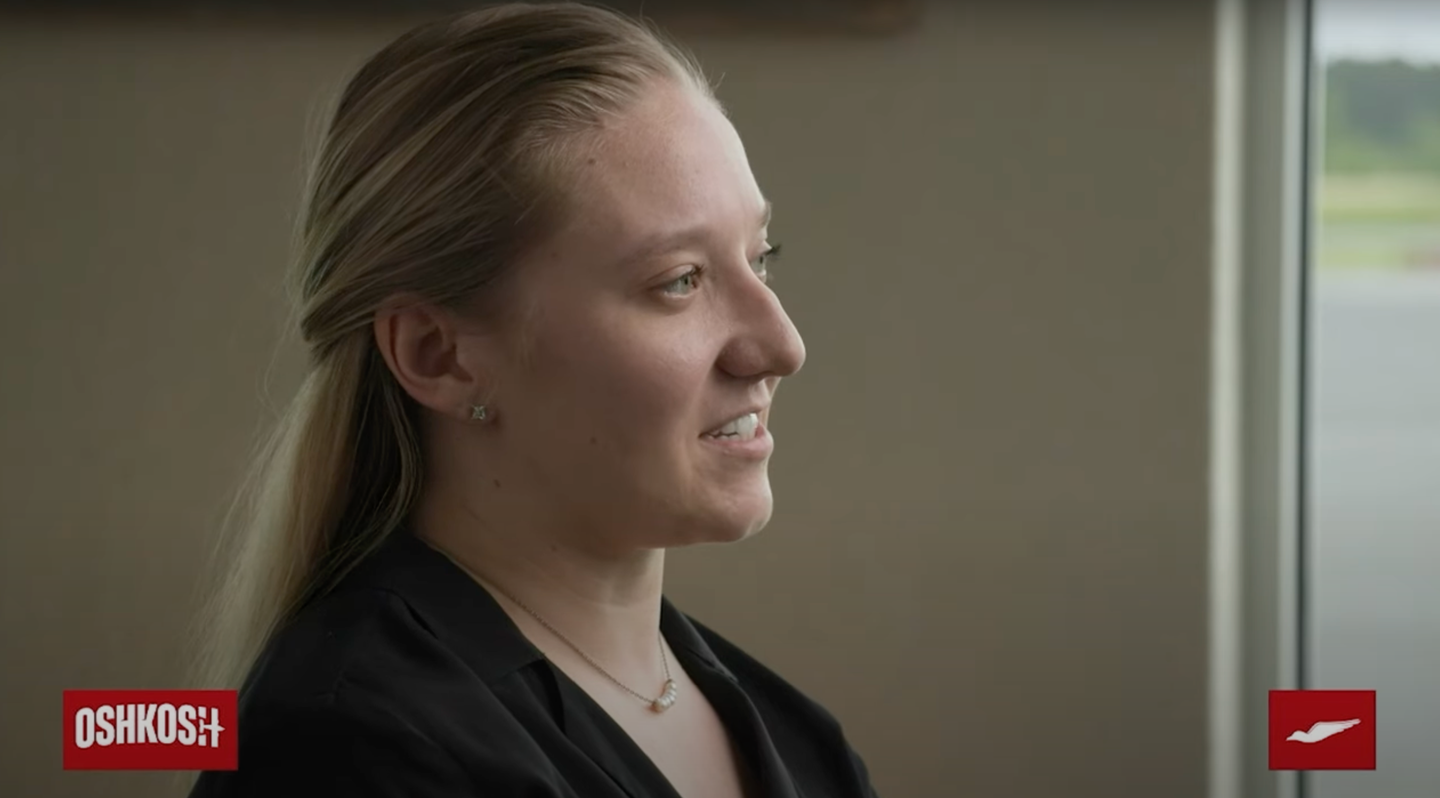
Redbird Flight Simulations is fueled by furthering aviation education. One of the ways the company does this is by integrating simulators into the aeronautics programs in schools around the country as part of their STEM curriculum.
Redbird director of STEM education Greg Roark wants to get students thinking about what they want to do after high school—the earlier, the better. For kids interested in aviation, the future career options are vast, including everything from aircraft maintenance and air traffic control to flying
When school districts partner with Redbird, its students have the opportunity to explore these options and more. The company offers simulation options ranging from desktop products to FAA-approved flight training devices (FTDs), colloquially known as simulators.
“[Schools] can do everything from experiential types of things through aviation with our simulators all the way up to producing pilots with various levels of certification,” Roark said.
With the help of Redbird, high school students can gain relevant, real-world experience and have the opportunity to achieve industry certifications from the FAA before graduation. This provides them with a wealth of knowledge when they finally take to the skies.
“When they get on the flight deck, they’ve already been there,” Roark said.
Roark, a former classroom teacher, is still motivated by helping kids learn and watching them develop a growing passion for aviation. Now he impacts classrooms across the entire country.
“I was a classroom teacher for a long time before I came to Redbird,” Roark said. “Many times, we sort of forget how kids learn. When you create opportunities for them and let them show you what is possible, it's humbling.”
Roark has experienced that humbling sensation with multiple kids, including past students who have gone on to pursue full-time careers in aviation.
“You have these people that come into your classroom and you know instantly that there is something special,” Roark said.
As Roark works to make simulation-fueled education accessible to more kids in more places, he urges educators and other school leaders to consider how they can best serve the students in their schools—whether that means bringing aviation education to elementary students or building full scale high school programs.
“It is all about what is right for your school, your stakeholders and your communities,” Roark said. “What does success look like for you, for your students?”
Once a school district decides to integrate simulation into their aeronautics programs, it often becomes a question of how. Funds are not always readily available, but Roark encourages school leaders to explore potential grants. He also urges school districts to consider local fundraising as a viable option.
Ultimately, he is dedicated to helping schools and parents find ways to engage children in the future of aviation.
“We will find a pathway,” Roark said.
School districts and parents interested in learning more about aviation education options can contact Roark at groark@redbirdflight.com.
BROUGHT TO YOU BY Redbird Flight Simulations

Sign-up for newsletters & special offers!
Get the latest FLYING stories & special offers delivered directly to your inbox

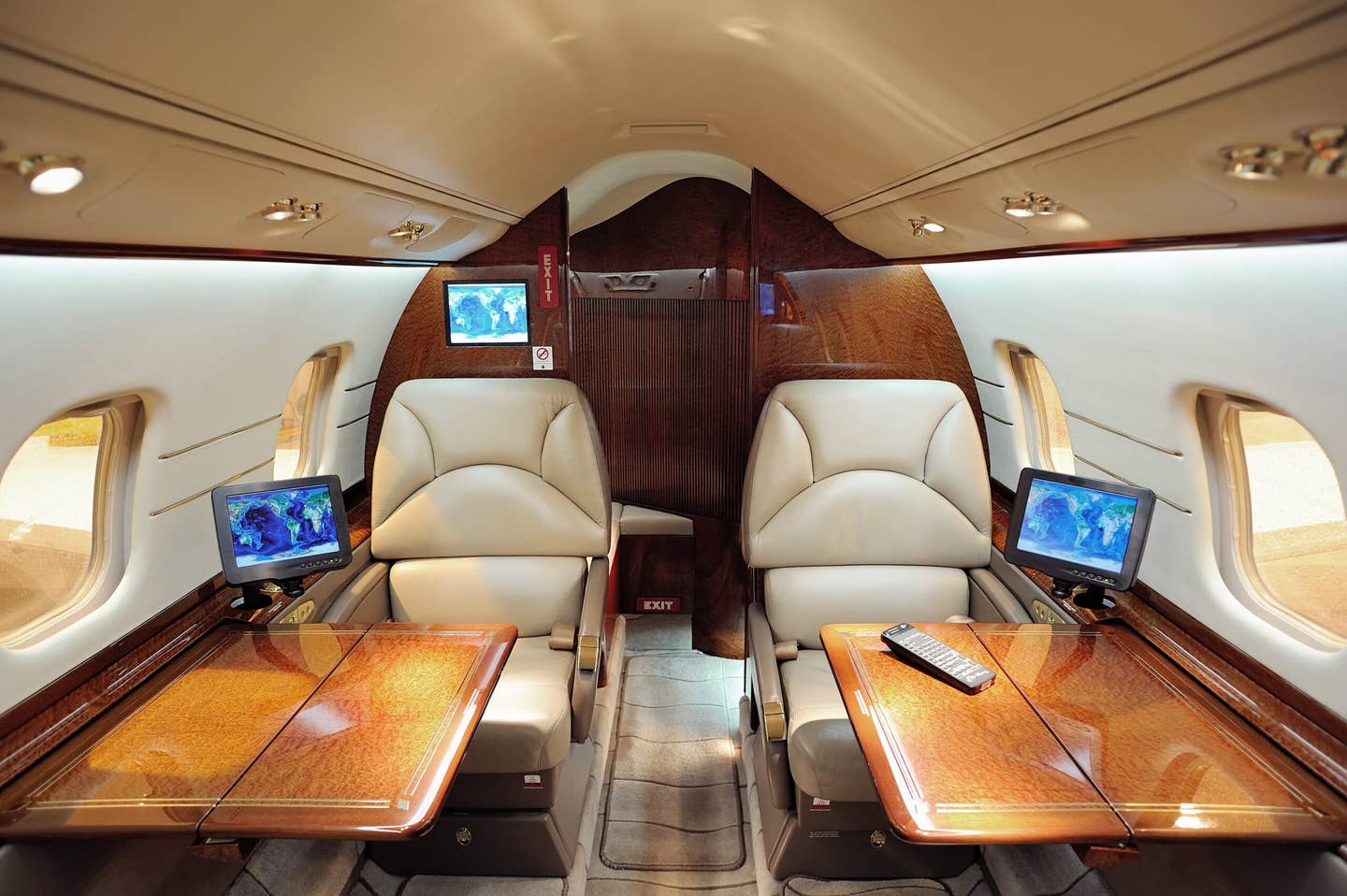
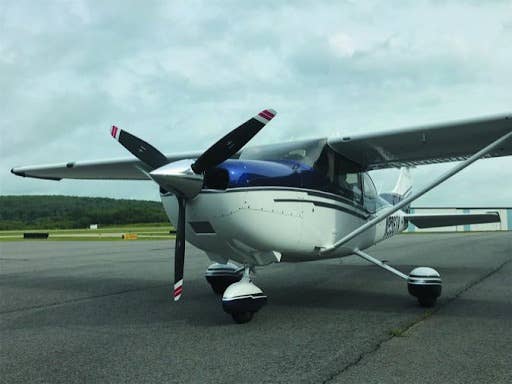
![[PILOT AND SNELLEN CHART PIC]](https://www.flyingmag.com/uploads/2022/11/2022-FlyingMag.com-Native-Advertising-Main-Image--scaled.jpeg?auto=webp&auto=webp&optimize=high&quality=70&width=1440)
